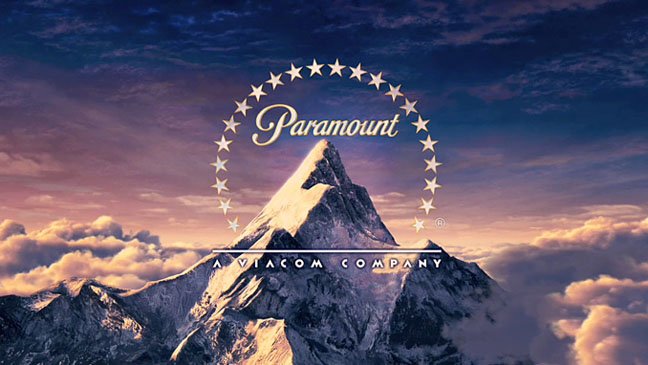Alexei Boltho began his career in film and television over 10 years ago as a documentary researcher but soon felt the pull of cinema and got his first break in film working as assistant to Paul Trijbits at London based Hungry Eye. He then moved on to work for Judy Counihan at Jonathan Olsberg’s Dakota Films where he learnt his production ropes. Bar a brief sabbatical at the Council of Europe’s Co-production fund, Eurimages (where he worked as an Administrator assessing projects for funding), Alexei then worked for BBC Films for over 6 years.
As the Commercial Manager for BBC Films his responsibilities included raising co-production finance on feature films, licensing distribution rights to UK and international distributors and managing the BBC Worldwide theatrical archive. Films Alexei helped finance included THE CRY OF THE OWL, SHOOTING DOGS and MY SUMMER OF LOVE. Later, Alexei joined Paramount Pictures International as Director of Co-production and Acquisitions tasked with acquiring and co-producing local language films for distribution in Europe. Most recently he acquired the local language hit CELDA 211 which topped the Spanish box office at the beginning of November 2009.
This interview was conducted in August 2010 when Alexei was working for Paramount Pictures.
Going back to the beginning, when did the idea of working in the film industry first come onto your radar?
It didn’t really come to me. I wanted to work in documentaries and current affairs and I did some work for a friend of mine as a researcher on a couple of documentaries for ITV. I tried to find other work but it wasn’t very easy because I didn’t really know how to go about it. I then got in touch with the New Producers Alliance and I got un-paid work on several short films through their classifieds in order to get more production experience. Whilst doing that someone mentioned a producer who was looking for an assistant, I went to see them and it all worked out for me. But it was quite a long process and it would have been good to have some guidance at that stage, in many ways I just stumbled around in the dark!
So where did things head from there?
After I got the producer’s assistant job, I then found a job in another production company where I stayed for two and a half years. I then went and did a Master in Audio Visual Management at the Media Business School in Spain and from there I got an internship at BBC Films, as I had to do an internship as part of my course. It was a paid internship and out of that came a job with Jane Wright who is head of the commercial side of BBC Films. I stayed there for nearly 7 years before moving to Paramount.
In terms of your early days as an assistant what did you learn most from those experiences?
Always ask for more; in terms of responsibility, in terms of money, don’t be too precocious but show willing and ask questions, ask why you’re there and why you’re doing everything. There’s no way of knowing if you want to do the job without finding out what it involves. It’s easy to sit back and be passive and be responsible just for what people ask you to do, but it’s probably best to be as proactive as you can because firstly, you don’t know how long you’re going to be there and secondly, you don’t know when the next opportunity is going to come along. Show keenness – everyone always appreciates that.
You worked for BBC Films for a number of years, what was your role there?
I was raising co-production finance for all the feature films that BBC Films wanted to make. So I was talking to subsidy bodies, financiers, distribution companies, and effectively getting films financed and into production.
If you enjoyed this article, why not check out our Insider interview with Richard Holmes?
Continued inside the vault…
Get *ALL* our FREE Resources
Tackle the trickiest areas of screenwriting with our exclusive eBooks. Get all our FREE resources when you join 60,000 filmmakers on our mailing list!


